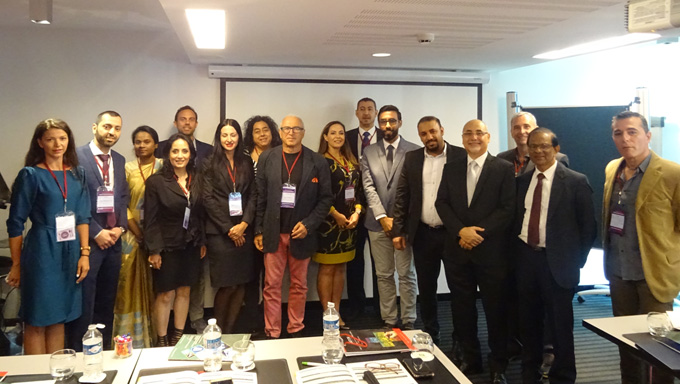
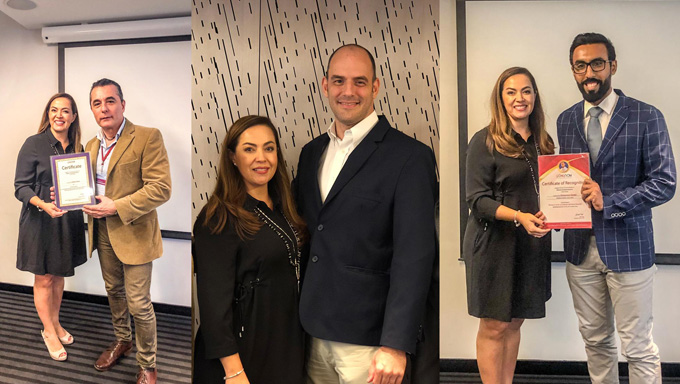
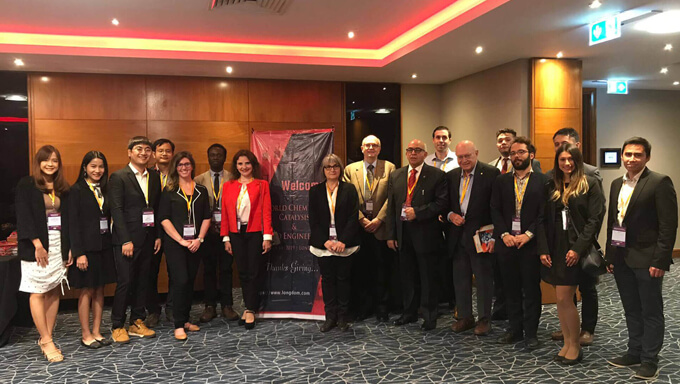
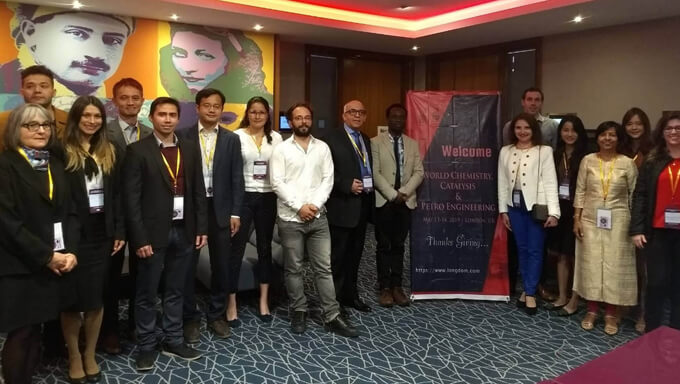
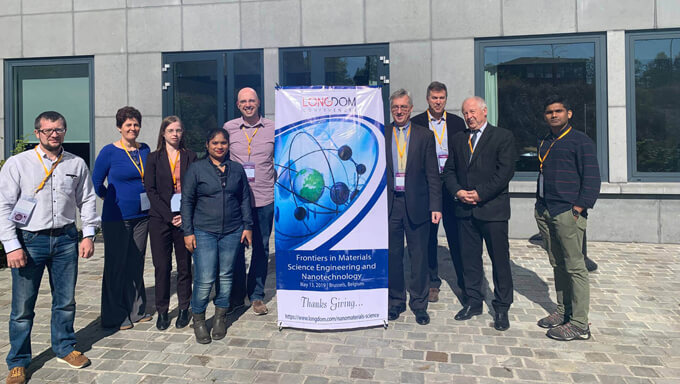
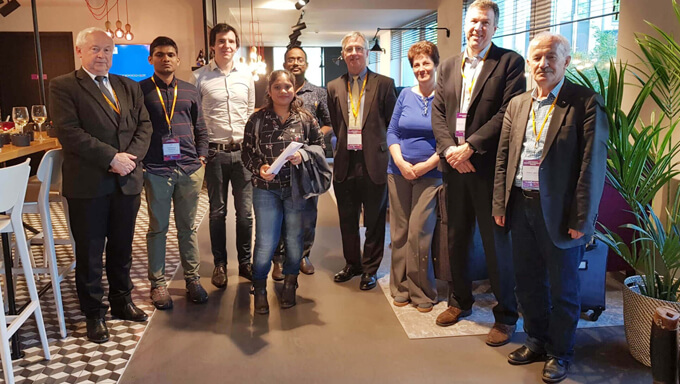
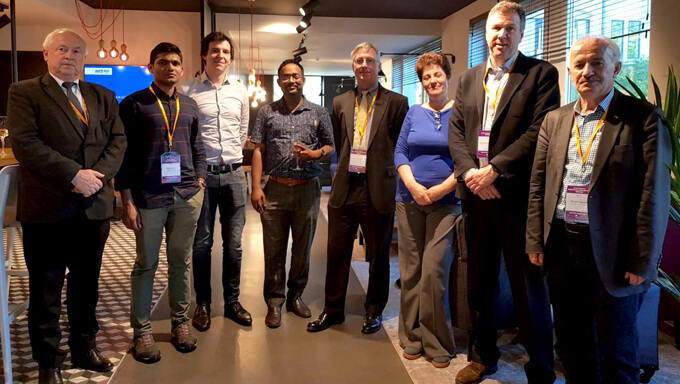
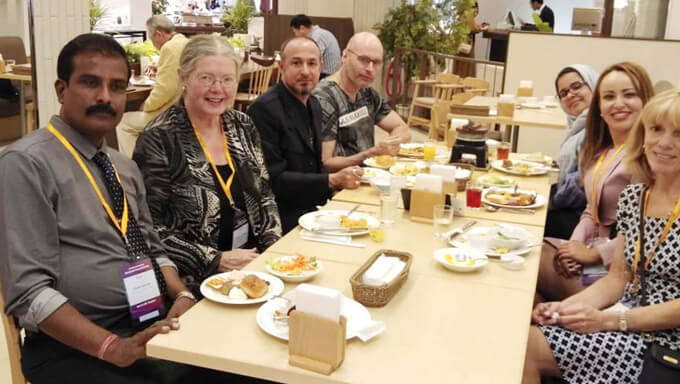
Mesenchymal stem cells (MSCs) have putative roles in maintaining adult tissue health, and the functional decline of MSCs has emerged as a crucial pathophysiological driver of various diseases. Epigenetic regulation is essential for establishing and preserving MSC homeostasis in vivo. Furthermore, growing evidence suggests that epigenetic dysregulation contributes to age- and disease-associated MSC alterations. Epigenetic marks in MSCs can be amplified through self-renewal divisions and transmitted to differentiated progeny, further perpetuating their role in tissue maintenance and pathogenesis. We review the epigenetic regulation of MSC homeostasis, emphasizing its contributions to organismal health and disease. Understanding these epigenetic mechanisms could hold promise as targets for MSC-mediated regenerative therapies.
Genetic engineering (also called genetic modification) is a process that uses laboratory-based technologies to alter the DNA makeup of an organism. This may involve changing a single base pair (A-T or C-G), deleting a region of DNA, or adding a new segment of DNA. For example, genetic engineering may involve adding a gene from one species to an organism from a different species to produce a desired trait. Used in research and industry, genetic engineering has been applied to the production of cancer therapies, brewing yeasts, genetically modified plants and livestock, and more.
Molecular biology is the branch of biology that seeks to understand the molecular basis of biological activity in and between cells, including biomolecular synthesis, modification, mechanisms, and interactions. The study of chemical and physical structure of biological macromolecules is known as molecular biology.
Cells are the essential building blocks of all living things, and genes are often found deep within cells. Genes are small sections of DNA that carry genetic information and directions for creating proteins, which help build and maintain the body. Every person has around 20,000 genes and two copies of every one of their genes—one from each parent. Small variations in genes end in differences in people’s appearance and, potentially, health. Genetic diseases happen when a critical piece or whole section of DNA is substituted, deleted, or duplicated. These changes are called genetic mutations. Some serious genetic diseases caused by genetic mutations are often passed to future generations.
The stem cell theory of aging postulates that the aging process is the result of the inability of various types of stem cells to continue to replenish the tissues of an organism with functional differentiated cells capable of maintaining that tissue's (or organ's) original function. Damage and error accumulation in genetic material is always a problem for systems regardless of age. The number of stem cells in young people is very much higher than in older people and thus creates a better and more efficient replacement mechanism in the young contrary to the old. In other words, aging is not a matter of the increase in damage, but a matter of failure to replace it due to a decreased number of stem cells. Stem cells decrease in number and tend to lose the ability to differentiate into progenies or lymphoid lineages and myeloid lineages.
Complex gene regulation systems ensure the maintenance of cellular identity during early development in mammals. Eukaryotic small RNAs have emerged as critical players in RNA interference (RNAi) by mediating gene silencing during embryonic stem cell self-renewal. Most of the proteins involved in the biogenesis of small RNAs are essential for proliferation and differentiation into the three germ layers of mouse embryonic stem cells. In the last decade, new functions for some RNAi proteins, independent of their roles in RNAi pathways, have been demonstrated in different biological systems. In parallel, new concepts in stem cell biology have emerged. Here, we review and integrate the current understanding of how RNAi proteins regulate stem cell identity with the new advances in the stem cell field and the recent non-canonical functions of the RNAi proteins. Finally, we propose a reevaluation of all RNAi mutant phenotypes, as non-canonical (small non-coding RNA independent) functions may contribute to the molecular mechanisms governing mouse embryonic stem cell commitment.
Epithelial cancers are complex and exhibit inter-tumoral and intra-tumoral heterogeneity. Identifying specific cell types that initiate and sustain tumorigenesis is key to addressing tumor cell heterogeneity and other outstanding tumor biology questions. Cancer-initiating cell, or the cell-of-origin of cancer, is the normal cell that receives the first cancer-causing mutations. In other words, the cancer-initiating cell founds a future clinical tumor. Cancer stem cells (CSCs), on the other hand, are the cells that maintain tumor propagation
We let our ground-breaking work and our amazing clients speak for us…… LONGDOM conferences